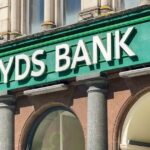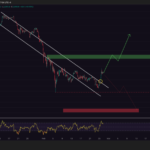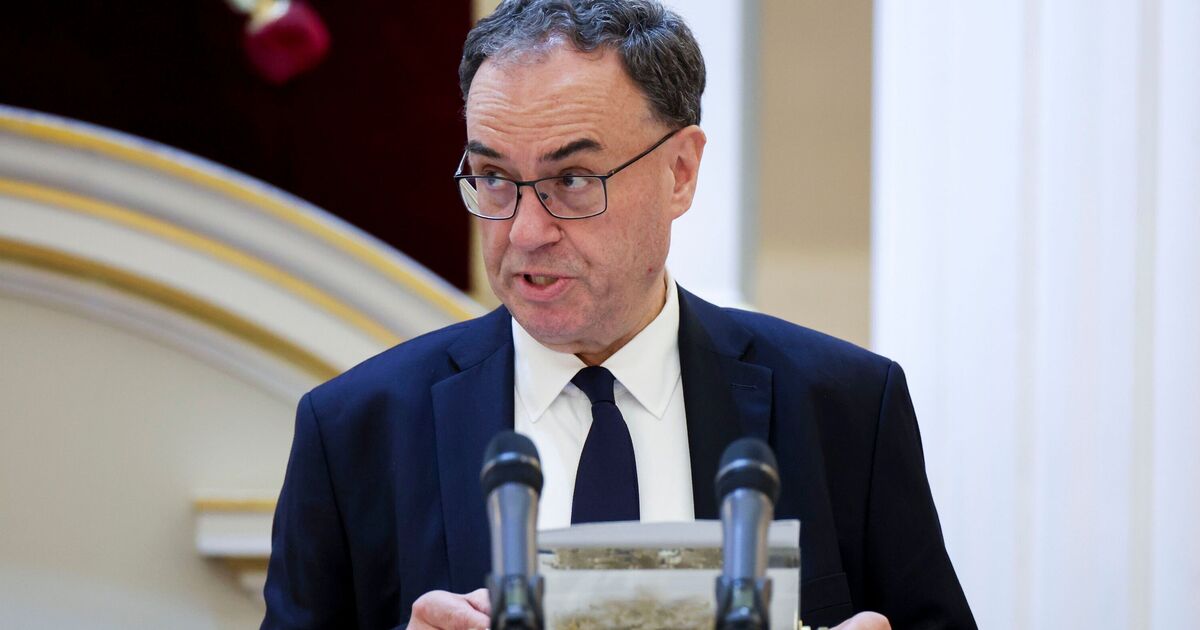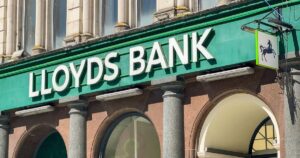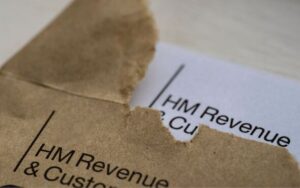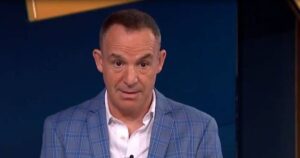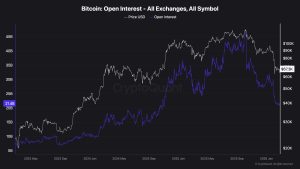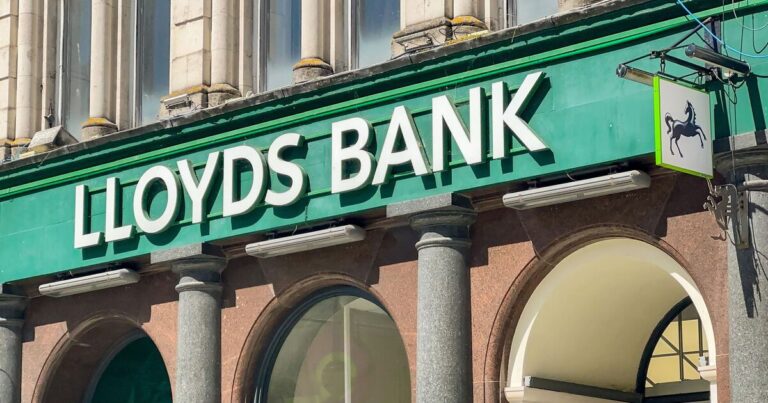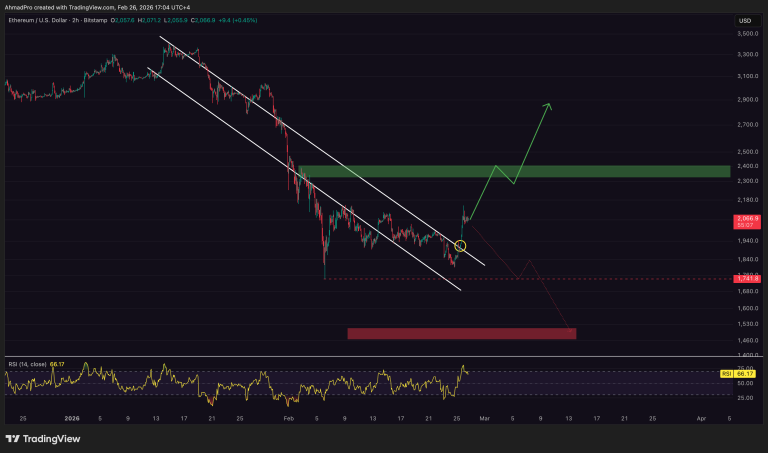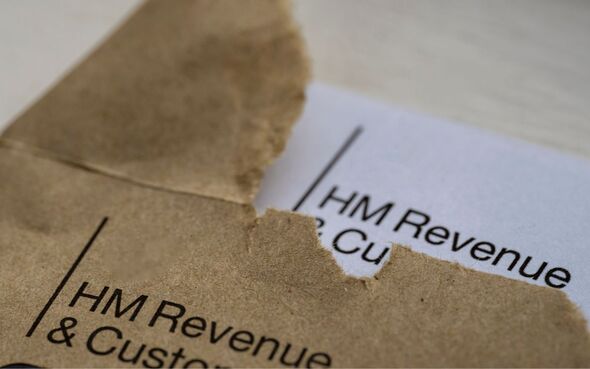
The governor of the Bank of England has blamed the election of Donald Trump and the UK budget for recent increases in the cost of fixed rate mortgages.
Andrew Bailey told MPs this morning, Tuesday, November 19, that the cost of borrowing between financial institutions, which is measured through so-called swap rates or the swap curve, has risen on the back of the US presidential election and decisions by the Chancellor Rachel Reeves.
Speaking to the Treasury Select Committee he suggested the situation in the USA, where financial markets are expecting higher inflation and interest rates following the Trump election, appears to be the most important factor in a rise in the cost of mortgages in Britain.
He suggested that decisions in the Budget, such as raising the National Living Wage and increasing National Insurance payments made by employers, have also increased forecasts for inflation and interest rates ahead of previous expectations.
Mr Bailey’s comments came in response to a question by the Labour MP for Darlington Lola McEvoy, who raised concerns that the cost of fixed rate mortgages have gone up in recent days despite the fact that the Bank of England cut the base rate by 0.25 of a percentage point to 4.75 percent on November 7.
The MP said: “Last week we saw that when the interest rates came down the mortgage rates have actually gone up.
“That’s going to have a huge consequence on my constituents in Darlington and all of our constituents across the country who are hardworking and trying to get by in a difficult climate.”
She asked: “What thought was given to that. Is that what you expected to happen and what is your feeling about why that has happened?”
In response, Mr Bailey said: “The majority of mortgages in this country, quite a large majority now, are fixed rate mortgages, they are not variable rate mortgages, so they are priced off the swap curve in the market according to the duration of the mortgage.
“There are two things that have moved the curve. There was a reaction to the UK budget and secondly there has been quite a reaction to the US presidential election.”
Asked whether the US election has had more impact than the UK budget, he said: “They have both had an impact … but I would say if you take that week, I would say by the Friday of that week, it was expectations of the US election and then of course the US election itself that has more driven (it).
“It is not unusual for our rates to moved around by the US curve, by the way, that is not at all unusual. We have seen that quite a bit this year, for instance.
“I think more recently, the strengthening of the US curve has been the thing.”
The comments by such a senior figure show the extent to which the British economy and UK families are now reliant on decisions made by Donald Trump and their impact on trade, the financial markets and interest rates.
That will heap pressure on Sir Keir Starmer and Rachel Reeves as they attempt to meet promises to boost UK growth at a time the Trump administration has talked about imposing tariffs on imports from countries around the world, potentially including the UK unless some exemptions can be agreed.
Looking ahead, Mr Bailey said the Bank is currently expecting a series of gradual cuts in the Bank of England base rate over the next 12 months with some suggesting a 1 percentage point cut, bringing it down to 3.75 percent by Christmas next year.
However, he indicated there is great “uncertainty” over how the UK economy will perform and inflation over the coming months. He said the increase in wages and National Insurance taxes on employers could lead to higher prices or reductions in employment, which is something retailers and the hospitality sector have warned about.
He suggested there is “a risk” that these changes could be mostly passed on through lower employment, referencing a letter to Reeves on Tuesday from the British Retail Consortium.
He added: “The National Living Wage is a very prominent subject of discussion … I can tell you that it is clearly on the minds of the companies.”
In the letter to the Chancellor signed by 81 chief executive officers, the British Retail Consortium estimated the combined costs to retailers of the rises to National Insurance and the National Living Wage, as well as a new packaging levy, total some a year.
The BRC said: “For any retailer, large or small, it will not be possible to absorb such significant cost increases over such a short timescale. “The effect will be to increase inflation, slow pay growth, cause shop closures, and reduce jobs, especially at the entry level.”
Mr Bailey said it was too soon to tell how the next US administration’s policies would affect the UK, given that “we literally do not know what their intentions are”.
He told MPs that the UK should not have to choose between being more closely aligned with the USA or the EU, saying: “Free trade is not about choosing one area over another . . . We should approach all areas of the world as places we trade with.”
This meant implementing the post-Brexit settlement with the EU in the best way possible. “I find it hard to understand people who seem to say we should implement Brexit in the most hostile fashion possible,” he said.



